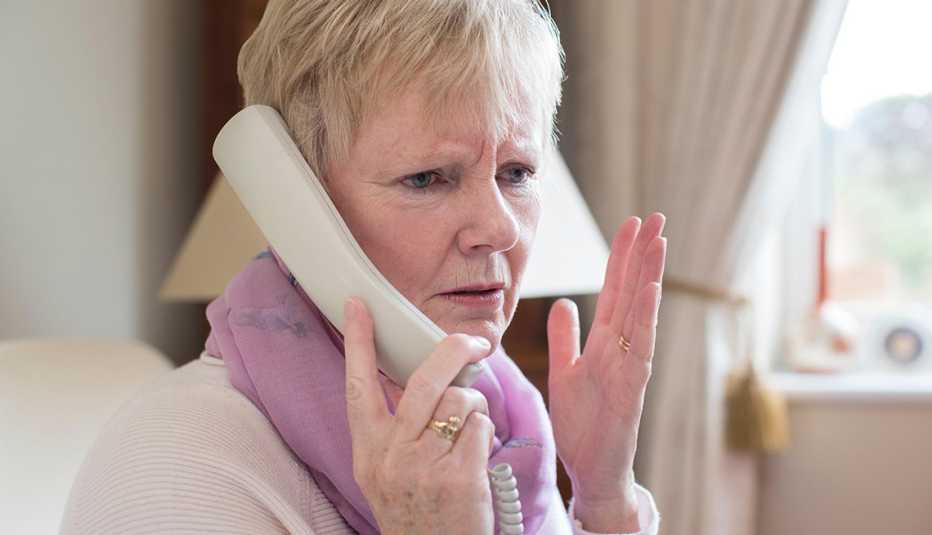Staying Fit
A Utah man who used illegal robocalls to urge people to donate cars, boats and other valuables to his phony charities for veterans will be sanctioned by the Federal Trade Commission (FTC), which on Tuesday announced a crackdown against operations that the agency says have made billions of the unwanted calls.
According to the FTC, the Utah defendant, Travis Deloy Peterson, was responsible for millions of those calls. He asked for donations for a host of sham charities — including a group he called Veterans of America — illegally collecting more than $500,000 from his schemes, the FTC states.


AARP Membership— $12 for your first year when you sign up for Automatic Renewal
Get instant access to members-only products and hundreds of discounts, a free second membership, and a subscription to AARP the Magazine.
The robocalls, or prerecorded telemarketing calls, falsely claimed that the donations of automobiles, watercraft, real estate and time-shares would be tax-deductible gifts to support veterans charities. In reality, Peterson sold donated items “for his own benefit,” the FTC reports.
Other fake-charity names Peterson used in the sham were Vehicles for Veterans LLC, Saving Our Soldiers, Donate Your Car, Donate That Car LLC, Act of Valor and Medal of Honor, the agency says.
Listen to a robocall from a sham group, “Veterans of America.”
Audio from Federal Trade Commission
A proposed order to settle Peterson’s case would impose a judgment of more than $500,000 against the defendant, but the judgment will be suspended once he turns over significant assets, including 88 vehicles, to the FTC.
The proposed order, which awaits a federal judge’s approval in Utah, also permanently bans Peterson from soliciting charitable contributions and prohibits him from deceptive and abusive telemarketing.
Defendants do not need to admit liability in settlement orders with the FTC, an agency spokesman said, but they and their lawyers sign them.
The other cases involved vast numbers of robocalls that pitched auto warranties, debt-relief services and home security systems.


































































